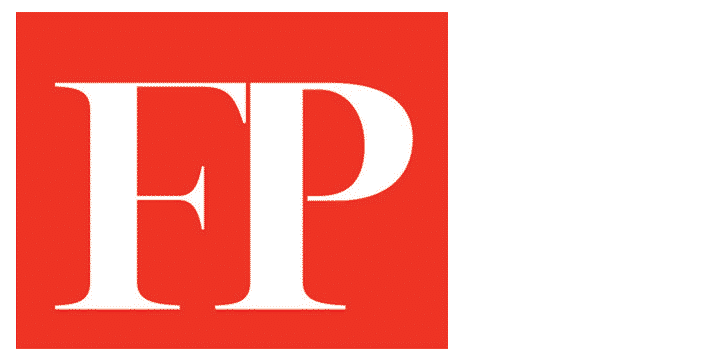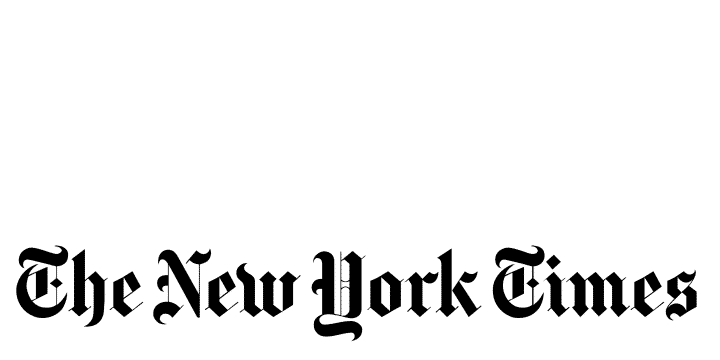Central banks have kept their economies afloat this year—but political dysfunction is pushing them past the breaking point.
In the looking-glass moment of November 2020 we should perhaps no longer be surprised to see the chairman of the U.S. Federal Reserve, Jerome Powell, and the head of the European Central Bank (ECB), Christine Lagarde, demanding more fiscal action to address the coronavirus crisis. But one does have to pinch oneself. Did we ever dream that we would see the central bank guardians of price stability taking on the role of lead cheerleaders for massive fiscal activism?
Earlier in the year they hardly needed to make the case. Fiscal activism was the order of the day. Central banks were crucial in stabilizing the financial markets in March and April. But the main burden of the coronavirus response lay with fiscal policy. The pandemic has triggered a crisis of the real economy first and foremost, not a collapse of credit. The U.S. CARES Act was a prompt and massive stimulus measure. At first the European Union flailed. But then in July the Europeans agreed a quasi-constitutional settlement, with a common program of borrowing to fund the joint Recovery Pact. This would provide the fiscal backdrop to enable Europe to achieve not just a recovery, but the first steps toward its much-vaunted Green Deal. With fiscal policy taking the lead, central banks could play a supporting role, juicing financial markets with quantitative easing.
Read the full article at Foreign Policy


